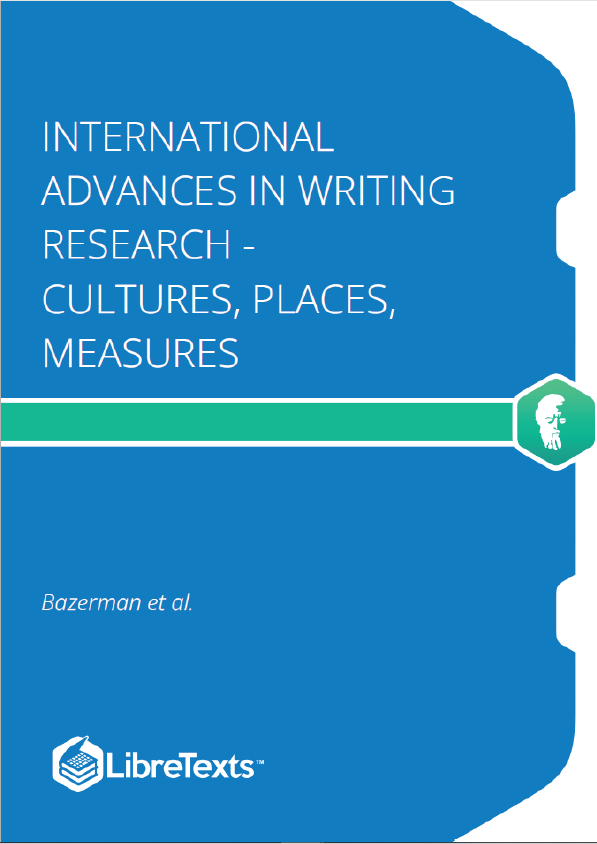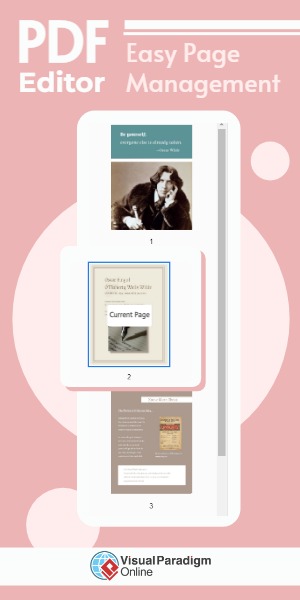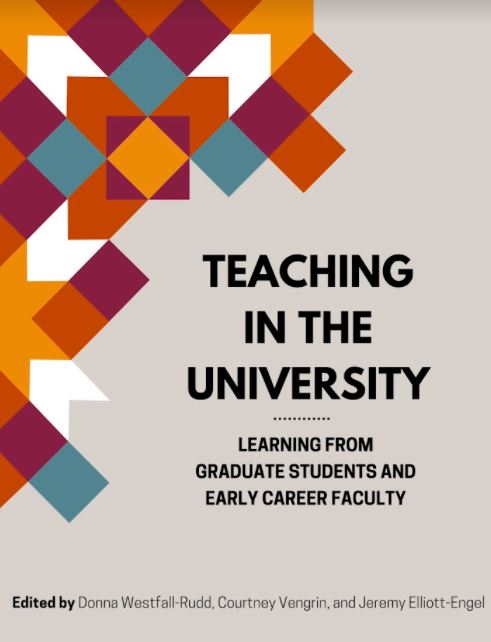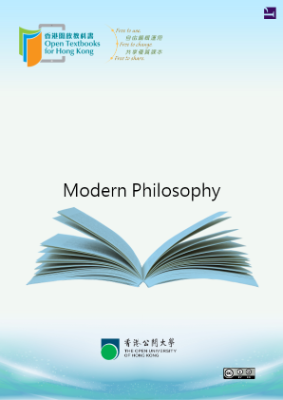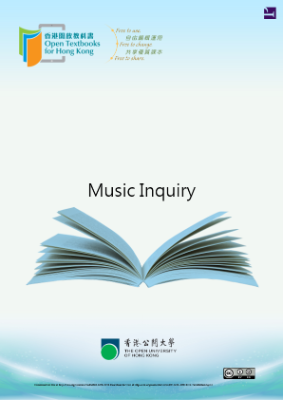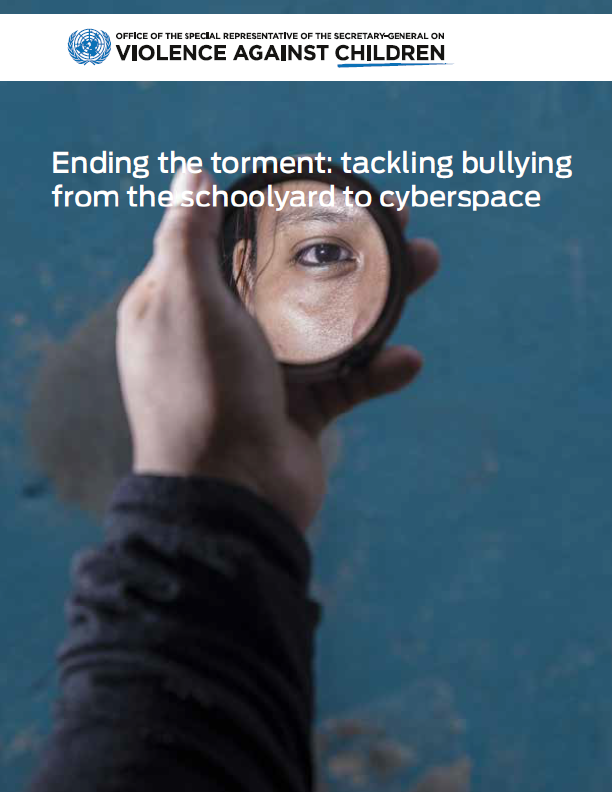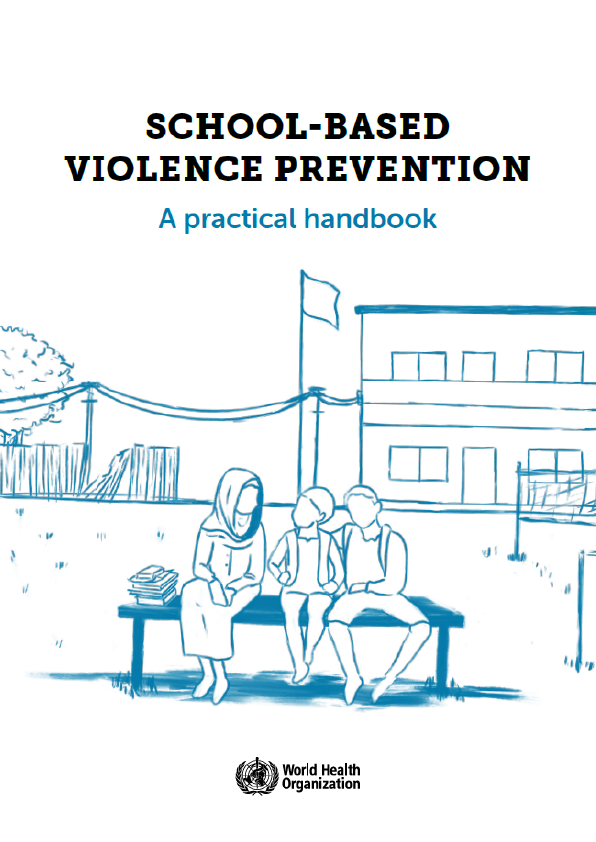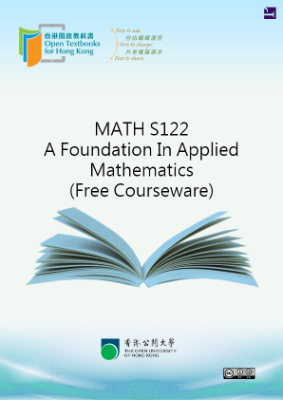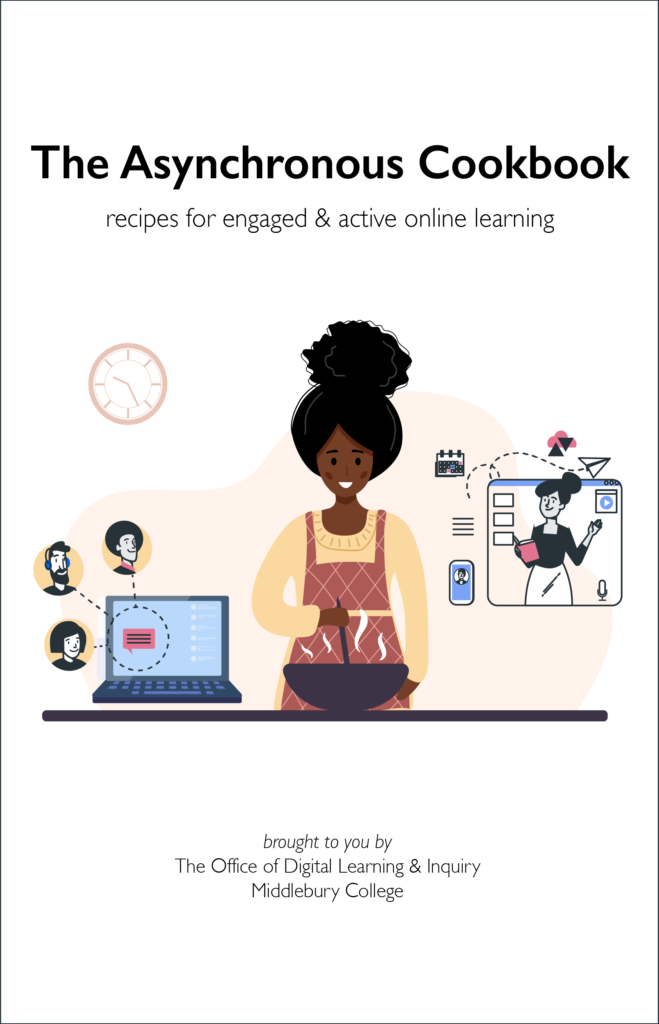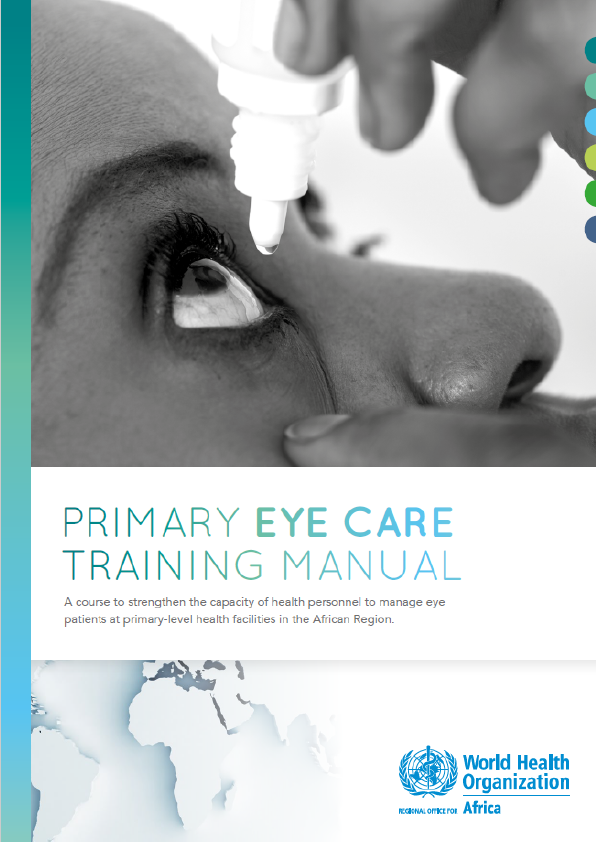Although research on writing has developed along many lines and in many regions over the past 30 years, the researchers who conduct that work have been in most instances divided along national, disciplinary, and theoretical lines. The Writing Research Across Borders (WRAB) conference series has attempted to bring together the many different disciplines and subfields that study writing in an open forum where researchers of all career stages can share the results of their studies and provide updates on works in progress. The expanded research networks that have emerged from these conferences have led to the formation of the International Society for the Advancement of Writing Research (ISAWR), whose mission is to advance writing research globally.
The fourth iteration of the conference series, Writing Research Across Borders II, took place in February of 2011 at George Mason University in northern Virginia near Washington, DC. At the conference, over 625 participants gathered from 40 countries to meet with colleagues, share works in progress, and hear the latest writing research from across a wide range of disciplines including psychology, linguistics, education, composition, and sociology. The 30 chapters in this volume were selected through a careful review process from the over 500 presentations and then developed through rigorous editing and revision. Representing the forefront of work at this broad-ranging conference, the chapters are a strong indicator of some of the leading edges of current writing research. The chapters selected for their individual merit, nonetheless thematically cluster, as the editors discovered when organizing the table of contents. Instruction and learning in school contexts, from early childhood through higher education, remain central concerns of research, as the chapters in Section 1. Pedagogical Approaches elaborate. Recently in the US and elsewhere we have seen a dramatically increased emphasis on assessing writing at an institutional level. This pressure and the digital tools being used to facilitate assessment have served to focus and narrow the teaching and learning of writing. While this may seem to be a concern particular to the US, interest in assessment and accountability is influencing educational policy discussions in many regions internationally. To ensure that the contentious debate over assessment tools is grounded in careful research we present a series of studies from leading voices on all sides of the issue in Section 2. Assessment.
Despite the effect of assessments to constrain instruction to meet schoolbased requirements, researchers and practitioners have shown increasing concern for how school learning is situated in broader social issues (the theme of Section 3. Writing at the Borders of School and World) and how instruction relates to writing practices outside the school (the theme of Section 4. Writing the Orders of School and Professional Practice.) Further attention to writing development extends to the upper reaches of the academy with examination of post-graduate education and scientific publication throughout the career in Section 5. Scientific and Academic Practice. Further, research has continued to grow on writing practices in the workplace, as examined in the closing Section 6. Cultures of Writing in the Workplace.
In brief introductions to each of the sections of this book, we elaborate on the contents and connections of the articles that comprise each. Looking at these clusters of research, we can see overall an interest in the many places writing occurs and the school, disciplinary and workplace cultures that shape writing situations. In that context, assessment itself can be seen as defining a place and shaping a culture of writing. From this orientation toward the contexts of writing we have developed the subtitle of this volume: Cultures, Places, Measures.
